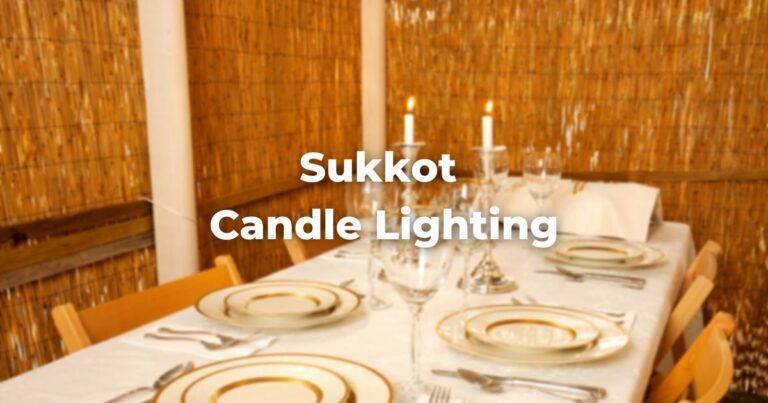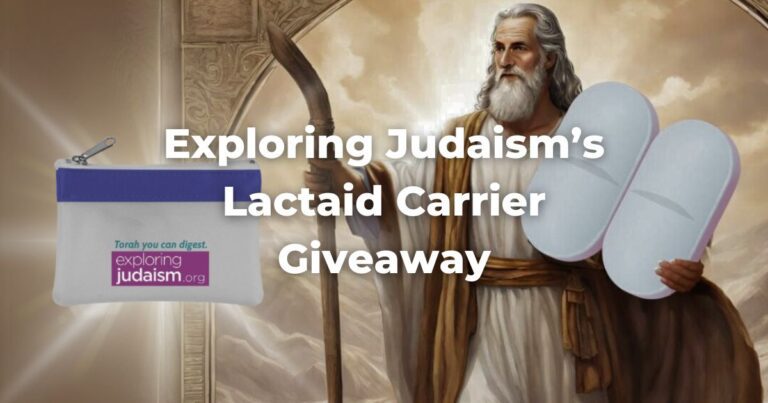Customs for Erev Rosh Hashanah (the day leading up to) include the recitation of longer than normal Selichot prayers and the omission of Taḥanun in the Morning and Afternoon Services (SA Orach Chayyim 581:3).
In addition, most synagogues change the TorahRefers to the first five books of the Hebrew Bible, the Tanakh, also called the Five Books of Moses, Pentateuch or the Hebrew equivalent, Humash. This is also called the Written Torah. The term may also refer to teachings that expound on Jewish tradition. Read more mantles and the parokhet, the curtain that hangs before the Ark, to white ones in honor of the High Holidays.
Similarly, it is customary to wear a white robe, often called a kittel, during services on the High Holidays and especially on Yom Kippur. White symbolizes purity and thus exemplifies the worshiper’s desire to achieve atonement and forgiveness.
There is a custom of immersing oneself in the mikveh (also written mikvah) before Rosh Hashanah (BT Rosh Hashanah 16b), although some suggest it should be done just before Yom Kippur.
As in the case of immersion in a mikveh before a wedding, or as part of a couple’s intimate life together after marriage, the mikveh is a means of personal purification and therefore perfectly suited to the spirit of spiritual purification and internal preparation before the High Holidays.
Some have suggested that immersion in the mikveh is a model of personal rebirth: just as one emerges from the watery environment of the womb into a new world, so too does one emerge from the purifying waters of the mikveh into the world reborn.
The use of the mikveh teaches us that life constantly gives us chances to begin anew. That is certainly the optimistic message of the High Holidays, and a visit to the mikveh at this time of the year merely reinforces that message.
Adapted with permission from The Observant Life.
Authors
-

The Observant Life: The Wisdom of Conservative Judaism for Contemporary Jews distills a century of thoughtful inquiry into the most profound of all Jewish questions: how to suffuse life with timeless values, how to remain loyal to the covenant that binds the Jewish people and the God of Israel, and how to embrace the law while retaining an abiding sense of fidelity to one’s own moral path in life. Written in a multiplicity of voices inspired by a common vision, the authors of The Observant Life explain what it means in the ultimate sense to live a Jewish life, and to live it honestly, morally, and purposefully. The work is a comprehensive guide to life in the 21st Century. Chapters on Jewish rituals including prayer, holiday, life cycle events and Jewish ethics such as citizenship, slander, taxes, wills, the courts, the work place and so much more.
View all posts -







